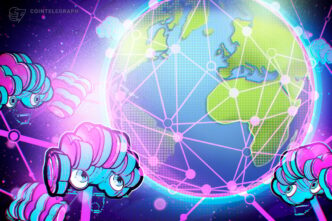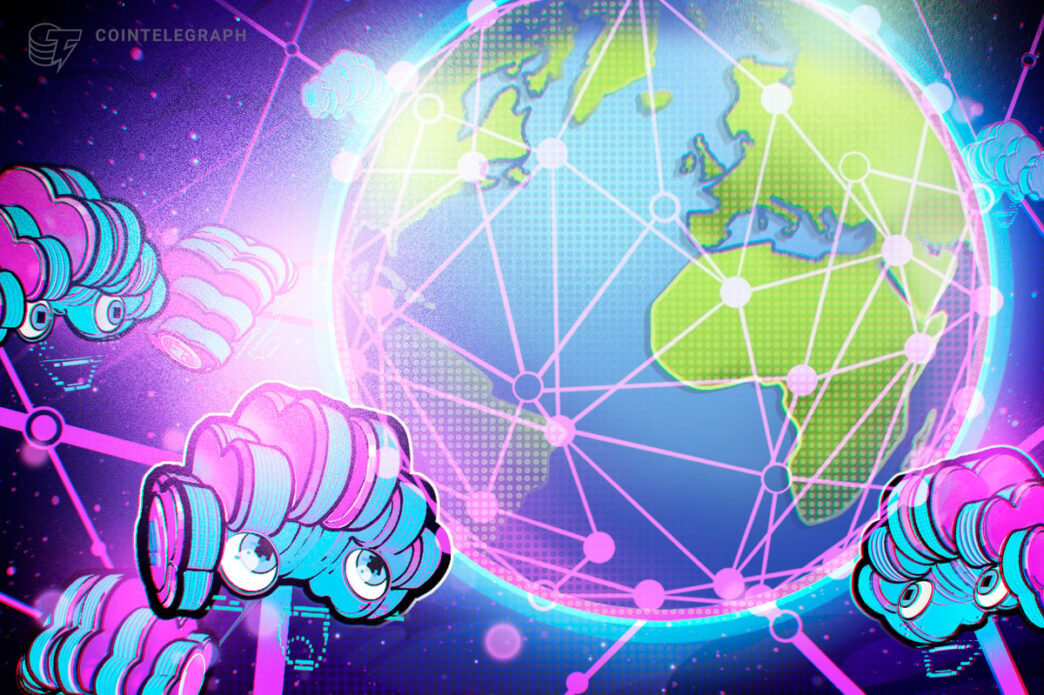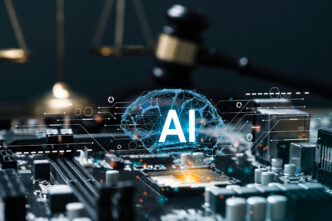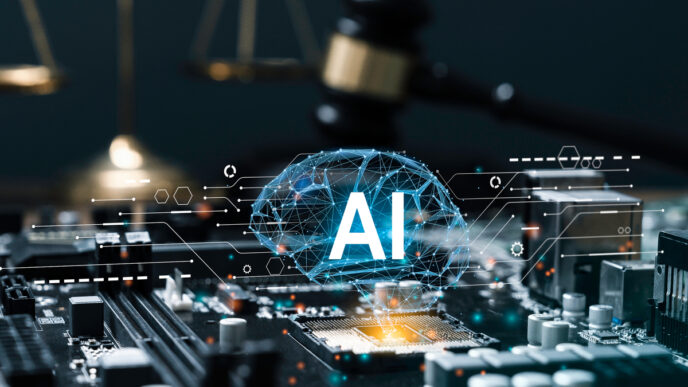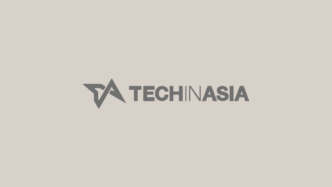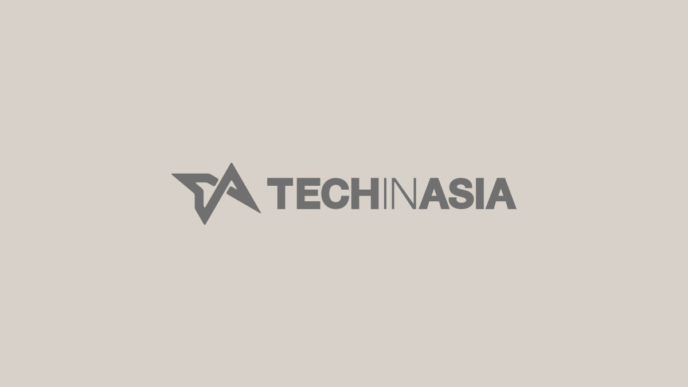Gaia CEO Matt Wright lays out why decentralized AI is the future and how it’s already reshaping tech and communities worldwide.
The push for decentralized AI (DeAI) takes aim at closed, corporate-controlled AI. Most big AI systems hide their model weights, data pipelines, and decision logic behind APIs. That creates choke points, limits who can build, and leads to biased or opaque results.
Wright points to 2025 when OpenAI dropped plans to go fully for-profit and set up a public benefit arm. That move showed why corporate control still risks shifting priorities away from the public good.
DeAI flips that script. It bakes public interest right into the system’s architecture. Models can run locally, adapt to regional data, and work without licenses or internet access.
Wright highlights real-world cases:
- Farmers in India using assistants that understand local dialects to plan crops.
- Sierra Leone teachers deploying AI chatbots on low-data apps for lesson support.
- Midwives in Guatemala using smartphone AI to monitor fetal health in remote homes.
DeAI is opening AI creation to people traditionally excluded from tech. Building agents is simpler than ever with tutorials and tools that don’t require code.
Businesses are jumping in, too. Retailers train small custom models for logistics. Enterprises tweak open models for their needs. DappRadar notes decentralized AI apps are quickly gaining market share, threatening sectors like DeFi and gaming in Web3.
Wright addresses critics who warn decentralization risks inconsistency or misinformation. He compares it to fears about Gutenberg’s press spreading unchecked texts. He argues transparency and community governance can keep DeAI ethical and open to local values.
The debate pits centralizers like Anthropic’s CEO Dario Amodei, who calls for tight control over AGI for safety, against decentralizers like SingularityNET’s Ben Goertzel, who warns centralized AGI narrows worldviews and stifles collaboration.
Wright concludes:
“We are still early in this transition, and what comes next depends on what we build. That means investing in decentralized infrastructure, funding local projects and, above all, creating the tools to shape intelligence as accessible as the tools to read and write.”
